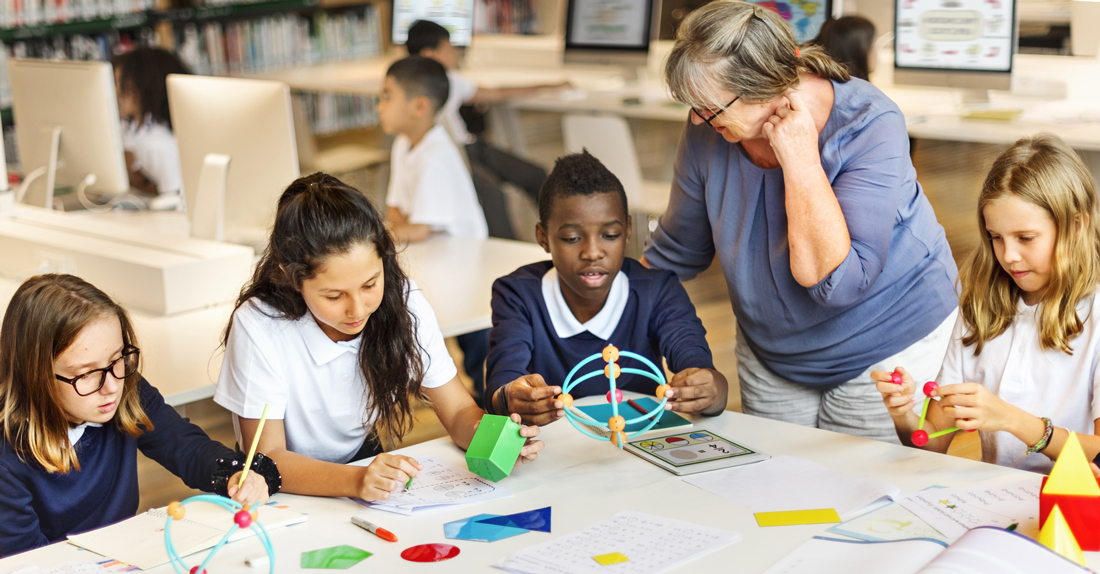More than ever before, students and educators need to be prepared for the unexpected. The world around us is changing rapidly and, for a growing number of students, the careers and positions they will eventually pursue haven’t even been created yet! Put simply, 21st century learners require 21st century skills.
But what are 21st century skills? Well, although the precise understanding of these skills varies between teachers, institutions and experts, most share a common ethos: 21st century skills are the skills that can best equip students for the personal and professional lives ahead of them. When discussing 21st century skills, it’s helpful to keep these four C’s in mind: communication, collaboration, critical thinking and creativity.
The likelihood is that you’ve already been preparing your classroom to nurture 21st century skills. After all, every classroom has communication at its very core and most teachers already aspire to encourage creative and critical thinkers.
That being said, here are some key tips and tricks you can follow to turn any classroom into a hub of 21st century learning:
Allow students to take the lead. Students who feel accountable for and empowered in their learning are most likely to succeed, both in the classroom and in life.
Don’t be afraid of students speaking in class. Enable it! Take every opportunity for students to work in pairs and groups. This improves confidence, develops speaking and listening skills and encourages students to collaborate.
There are no silly questions! Create an enquiry-based classroom in everything you do. Questions really are the doors to knowledge and pave the way for critical thinking and creativity.
Make use of technology wherever possible. One of the biggest changes is the increasing role of technology. It is important that 21st century education reflects this.
Overall, 21st century skills reflect a general movement away from educational methods centred around questions of what or who and towards questions of how and why. Embracing this change can help students develop the skills they need to thrive.

